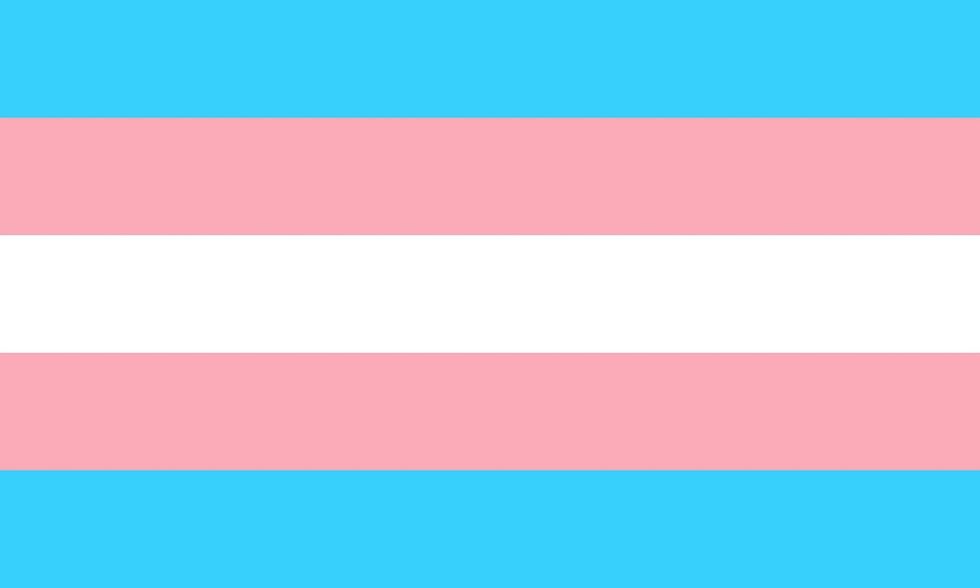I walk into my appointment without fear. This in and of itself is new to me, the fact that I have nothing to hide, not for safety or convenience. My doctor, a plump lady with brightly-colored clothing, stretched ears, and close-cropped hair, strolls into the office with a motherly air.
I found her only as a result of extensive (Google) research, posting in local queer Facebook groups, asking anyone and everyone for a potential lead. I knew, the moment I decided to live and learn at Mount Holyoke as a nonbinary person, that it was high time my doctors and counsellors truly had my best interest in mind. No longer would I have to dodge questions about some mythical “boyfriend” I will never have. No longer would I field questions about (hetero-)sexual activity or deal with the assumptions that I simply must want to marry a man and give birth to children with him.
On my way to my first doctor’s visit, I was incapacitated by fear. Shaking, I followed the nurse’s voice into her office, as I sat waiting to prove myself as trans enough for her. The moment I met her, however, she ensured me that it was not her job to decide how trans I was. That was the first good sign of many.
I have spoken to her about all of the things I can never talk to other doctors about. I share the psychiatric medications I’m on with ease, because unlike so many others, I do not have to worry about mental illness becoming an excuse not to receive gender-confirmation care. This is perhaps best discussed by Sam, the amazing blogger behind "Let's Queer Things Up!":
Imagine having no idea when you’ll be permitted to access the care that you desperately need – that you’ll remain imprisoned in a dysphoria-induced hell until you pull it together and become acceptably sane for your doctors.
Most of her clients are trans (there are precious few doctors who even respect trans clients, never mind actually helping us) –– it shines through not only in her extensive knowledge about hormones, surgery, and other gender-confirming processes, but also in her gender-bedside-manner (if you will). Not to mention, her social-justice oriented and up-to-date knowledge on LGBTQ issues make appointments even better. She doesn’t say “women” when she is speaking about people who can get pregnant. She does not ask me if I have a boyfriend; she asks me if I have a girlfriend, because I felt safe to tell her I was gay in my first appointment. I come out of all appointments feeling more confident than I felt going in.
With my old doctor, the one who treated me and gave me checkups for more than a decade, I felt deeply uncomfortable. I felt that we were rivals, and to “win” at the appointment, I had to conceal things. Even (especially) when I was extremely ill, I dreaded seeing her. For all of the years I saw her, she never thought to ask me about my gender or sexuality, instead relying on the aforementioned assumptions that I was a girl who exclusively dated men.
My description of my current, trans-friendly doctor would have shocked me if you showed it to me a year ago. I was under the impression that trans-friendly health providers were the stuff of daydreams, not real life. My description of her, and the safety I feel in appointments, may strike other trans people in a similar way.
I am grateful, but I am also frustrated, that the majority of us can only daydream of health professionals who treat us with respect. We are so accustomed to hiding aspects of ourselves that not to hide is strange –– especially when you are like me: not only trans, but specifically nonbinary, not to mention mentally ill and with detailed, professional diagnoses that my doctor is privy to. For many who lack the privileges I do, this combination would sentence them to poor care forever. Since I returned from my most recent visit, I have been considering this at length, becoming increasingly incensed at my own surprise that I am treated decently at the doctor’s office.
There are many aspects of justice for trans people that I am passionate about, but now, healthcare will remain firmly at the forefront of my mind. I think, though, that it will be from now on: justice starts small; it begins in the body and it specifically begins when your basic human right to safe and effective healthcare is respected.
















